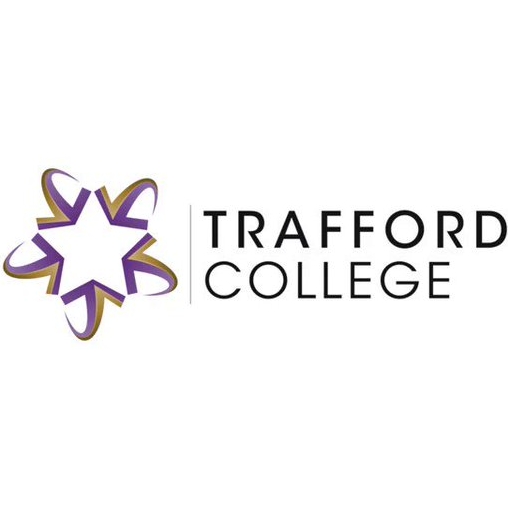This qualification aims to provide an introduction to the early year’s development of the brain in babies and young people from 0 to 7 years old. Through the course you will explore a range of topics including brain development, impact on behaviour, stress response and wider cognitive, social, and e

Course Overview
This qualification aims to provide an introduction to the early year’s development of the brain in babies and young people from 0 to 7 years old. Through the course you will explore a range of topics including brain development, impact on behaviour, stress response and wider cognitive, social, and emotional development.
The course is delivered remotely and runs over 6 weeks with 4 hours of scheduled contact time each week. You will be assigned a subject specialist course tutor who will deliver the live scheduled sessions.
The qualification is internally assessed using a range of methods including written assignments or tasks and weekly support will be available to guide you from the beginning to the completion of your qualification.
Course Requirements
There are no specific entry requirements for this qualification however learners should be aged 19 and over, have a genuine interest in this subject and have Functional Skills in English at grade 1 or GCSE grade 3 or above.
What you will Learn
This course is relevant to anyone with an interest in child development and the factors that affect child development and the factors that affect children’s behavior, emotional well-being and ability to learn. It is particularly relevant to early years practitioners, teachers and teaching assistants, childminders and those who work in children’s services. It should also be a valuable aid to parents and other primary carers.
Assessment
All units will be internally assessed using a range of methods including written assignments or tasks such as designing a leaflet or poster, charts, using case studies or a workbook.
Progression
This course doesn’t lead to a specific job role but provides CPD of new knowledge and skills and supports the practitioner role within the workplace.
On successful completion learners could progress to the following qualification:
Level 2 Diploma for the Early Years Practitioner
Level 3 Certificate in Preparing to Work in Early Years Education and Care.
Mandatory Units
Understanding neuroscience in early years
Understanding self-regulation and how to nurture this in children from birth to seven years old
At Trafford College we offer a wide range of courses in Greater Manchester for school leavers and adults, with vocational and technical courses, A Levels, apprenticeships and degree level qualifications.
© 2025 coursetakers.com All Rights Reserved. Terms and Conditions of use | Privacy Policy